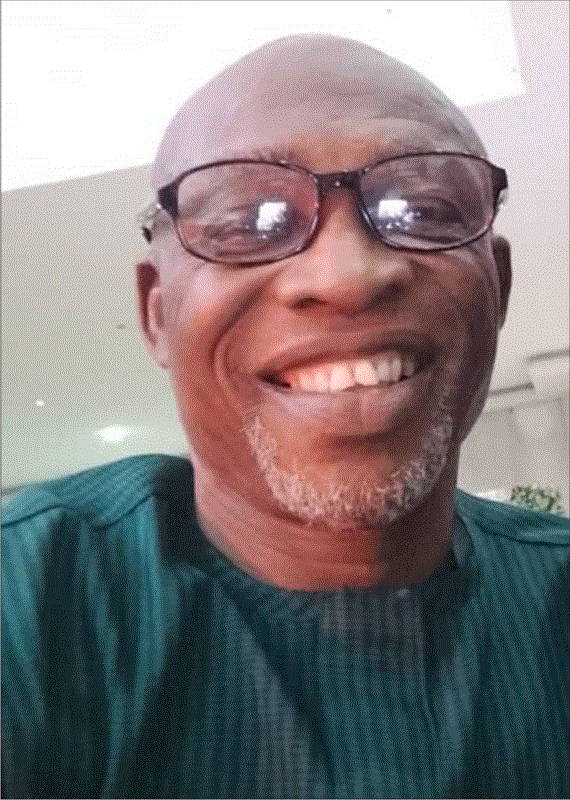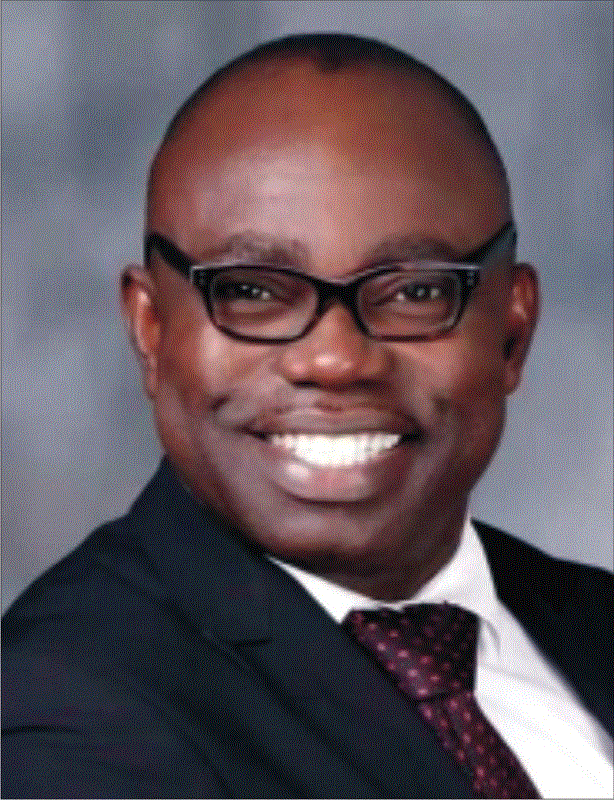Nigeria’s Disturbing Statistical Data
By Chimdirim Nwadike
Nigeria is now the third-worst governed country in the world. This is according to a report published on Monday 3rd May, 2021 by the Chandler Good Governance Index (CGGI).
The index rankings were based on seven pillars, which included: leadership and foresight, robust laws and policies, strong institutions, financial stewardship, attractive marketplace, global influence and reputation as well as helping people rise.
According to CGGI, the points ranged from zero to one, zero being the lowest and one the highest, Nigeria, which is the most populated African nation, did not score up to 0.50 in any of the indices.
In June 2018, Nigeria was ranked as the poverty capital of the world after it exceeded India with the largest rate of people living in extreme poverty.
The report by the Borgen Project says in Nigeria, about 86.9million people live in severe poverty, which is about 50% of its entire population. While Nigeria is smaller both geographically and in terms of population than India, it is failing at lowering the rates of poverty partly due to the mismanagement of the oil business and the presence of corruption and along with this, the nation is going through a “population boom”, which will make managing poverty rates more difficult. One of the objectives of the U.N.’s Sustainable Development Goals is to end extreme poverty by 2050. However, Nigeria’s poverty rates are currently going in the wrong direction.
And in May, 2020 the National Bureau of Statistics released a report on poverty and inequality in Nigeria
The NBS report highlights that 40% of the total population or about 83 million people in Nigeria live below Nigeria’s poverty line of N 137,430 per year.
The 2020 Corruption Perception Index (CPI) report published by Transparency International, indicates that Nigeria occupies the 149th position out of the 180 countries surveyed thus becoming the second most corrupt country in West Africa with Guinea- Bissau the only country more corrupt than Nigeria in the sub-region.
It would be recalled that in the 2019 report, Nigeria was ranked 146th out of the 180 countries surveyed, scoring 286 points out of 100 points.
The Corruption Perception Index (CPI) is an annual survey report published by the Berlin-based Transparency International.
With the current ranking, Nigeria is two steps worse off than she was in 2018 when she scored 27 points to place 144th out of 180 countries.
Only 12 countries are perceived to be more corrupt than Nigeria in the whole of Africa. The countries are the Democratic Republic of Congo, Libya, Equatorial Guinea, Sudan, Somalia, Zimbabwe, Chad, Eritrea, Burundi, Congo, Guinea Bissau, and South Sudan.
Somalia and South Sudan remain the most corrupt nations on earth according to the CPI 2020 ranking.
Denmark, New Zealand, Finland, Singapore, Germany, Sweden, Switzerland, Norway, The Netherlands and Luxembourg are the least corrupt countries in the world.
Again, the jobless rate in Nigeria rose to 33.3% according to a report published by National Bureau of Statistics on its website Monday 3rd May, 2021. That is up from 27.1% in the second quarter of 2020, the last period for which the agency released labour-force statistics.
Nigeria’s jobless rate has more than quadrupled over the last five years as the economy went through two recessions, casting a shadow over the efforts to implement policies to drive growth and create jobs by President Muhammadu Buhari’s administration.
The National Bureau Statistics NBS published another report that the inflation rate surged to 18.17% in March, 2021.
It says the country’s inflation rate for the month of March 2021, rose to 18.17% from 17.33% recorded in February 2021. This represents 0.82% points higher than the February figures, according to the NBS Consumer Price Index report.
On a month-on-month basis, the headline index increased by 1.56% in March, 2021, this is 0.02% points higher than the rate recorded in February, 2021 (1.54 percent).
Food inflation, a closely watched index spiked to 22.95% from 21.79% recorded in the previous month.
On a month-on-month basis, the food sub-index increased by 1.9% in March, 2021, up by 0.01% points from 1.89% recorded in February, 2021.
The rise in the food index was caused by increases in prices of Bread and cereals, Potatoes, yam and other tubers, Meat, Vegetables, Fish, Oils and fats, and fruits.
Also, the average annual rate of change of the Food sub-index for the twelve-month period ending March, 2021 over the previous twelve-month average was 17.93%, representing 0.68% points from the average annual rate of change recorded in February, 2021 (17.25%).
And as if the above statistics are not disturbing enough, the Minister of State for Petroleum Resources, Timipre Sylva urged Nigerians to be ready to bear the pains of increased petrol price.
The price of a litre of petrol is currently between N160 and N165.
Sylva who spoke at the launch of the Nigerian Upstream Cost Optimisation Programme in Abuja said the Nigerian National Petroleum Corporation (NNPC) cannot continue to bear the cost of under-recovery because there is no provision of subsidy in the 2021 budget, pointing out that while government revenue has improved by the rise in crude oil price globally, it cannot be fretted away in subsidy payments.
In 2015, when the present government came into power, the price of petrol was N78 per litre from where it has moved to N165 per litre and government is contemplating yet another increase.
The Global Peace Index GPI ranked Nigeria as the third most dangerous place to live in the world.
Incidents of killing, insurgency kidnappings, rapes, trafficking, banditry etc. have now become the norm rather than exception and yet the government is more interested in increasing the misery of the people by hinting at another fuel hike, and blaming real and imaginary foes for its inability to guarantee peace, security and good governance.
Annual security votes of the 774 Local Government Council Chairmen, the 36 State Governors and the President run into billions of Naira and yet the average Nigerian cannot sleep with his two eyes close.
There should be an urgent collaboration of efforts by government at all levels to speedily restore sanity to the Nigerian society and end the misery suffered by the populace before the deteriorating situation spirals out of control.
Nwadike, a student of the IIJ, writes from Port Harcourt.




